Yesterday the Supreme Court, by a unanimous decision, invalidated the claims of a patent exclusively licensed to Prometheus. Claim 1 is representative of the claims as a whole and reads as follows:
A method of optimizing therapeutic efficacy for treatment of an immune-mediated gastrointestinal disorder, comprising:
(a) administering a drug providing 6-thioguanine to a subject having said immune-mediated gastrointestinal disorder; and
(b) determining the level of 6-thioguanine in said subject having said immune-mediated gastrointestinal disorder,
wherein the level of 6-thioguanine less than about 230 pmol per 8×10^8 red blood cells indicates a need to increase the amount of said drug subsequently administered to said subject and
wherein the level of 6-thioguanine greater than about 400 pmol per 8×10^8 red blood cells indicates a need to decrease the amount of said drug subsequently administered to said subject.
Some sites, like ipwatchdog.com, have already written that the sky is falling. The criticisms I have read thus far focus on the supposedly terrible impact this case will have on investment in medical diagnostics and biotech companies. However, in this case, an obviousness analysis may well have invalidated the claims as well.
Steps (a) and (b) were known in the prior art, and, according to the Court, it was already known that the metabolite concentration in the blood correlated to the drugs activity and toxicity. Under KSR, it likely would not have been too difficult to combine the prior art and invalidate the claims. Claims like those of the Prometheus patent would still not be valid, but at least there wouldn’t be a new and ambiguous standard for patent eligible subject matter.
My personal feeling is that invalidating the claims under §103 would have been more appropriate. There is a principle in law that cases should be decided narrowly if possible. Had an obviousness analysis been used, the precedent would have applied to similar claims having only known steps and the recitation of a “natural law.” Invalidating the claims under §101 provides a very wide reaching precedent that will need to be applied in a variety of other contexts. For example, Dennis Crouch at PatentlyO has written on the Mayo decision and potential implications on the Myriad case relating to isolated DNA. He speculates that the Court will vacate and remand the Myriad cast to the Federal Circuit and that the claims, drawn to isolated and purified DNA, may very well be declared ineligible subject matter.
Methods of Treatment
Another possible implication of the decision could be the invalidation of claims to method of treating a disease. After all, administering a medication in a particular way is likely known in the art. The beneficial results of the drug in the human body could be considered a natural outcome, even if it was not previously known. We don’t know if It will make a difference if the drug is naturally occurring or synthetic.
Chemical Formulations
What about the combination of known chemical species into a novel combination? Would the Court hold that the synergistic effects or unexpected results of the combination are merely the natural consequence of the combination? Again, what if one or more of the components is a synthetic compound? While “unexpected results” are typically discussed in the context of an obviousness analysis, this is an illustration of how the decision may conflate obviousness and subject matter eligibility and the confusion that may result.
Unfortunately, the decision creates uncertainty that Congress will have to fix. Otherwise, it may take years for the courts to determine the reach of §101.


3 Replies to “Mayo v. Prometheus: Potentially Far Reaching Effects”